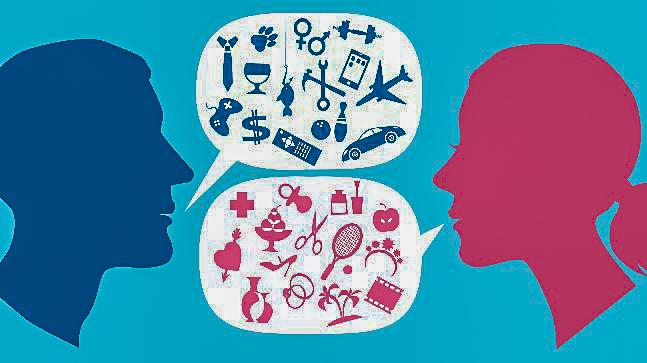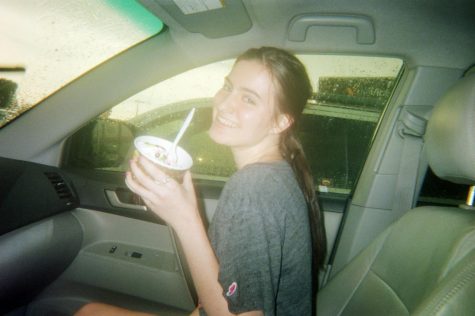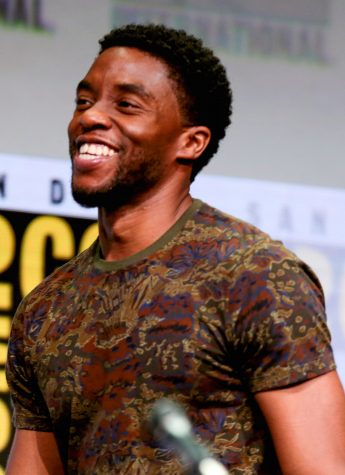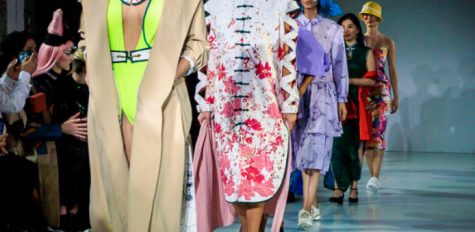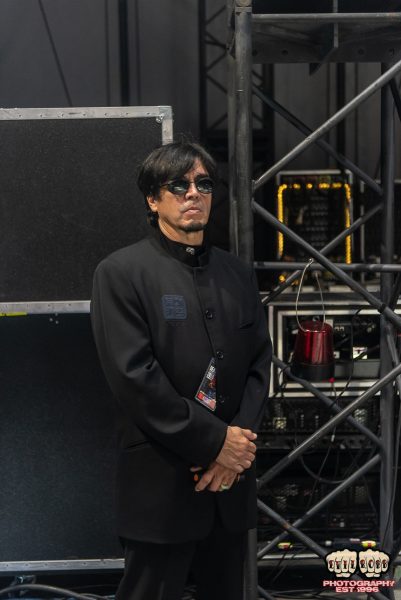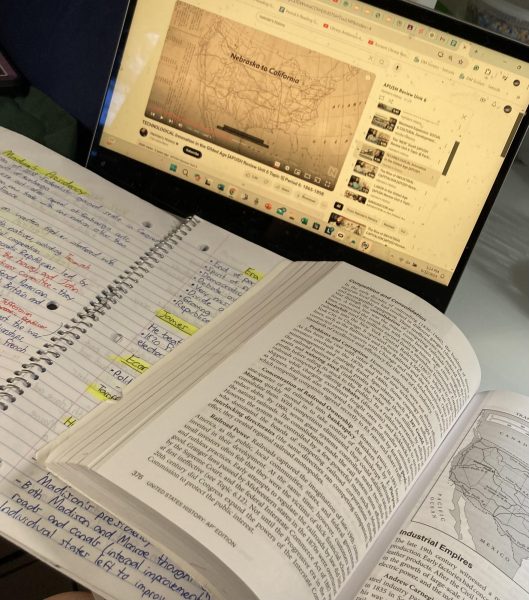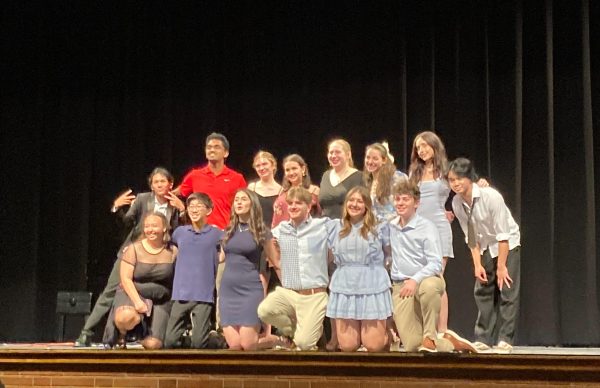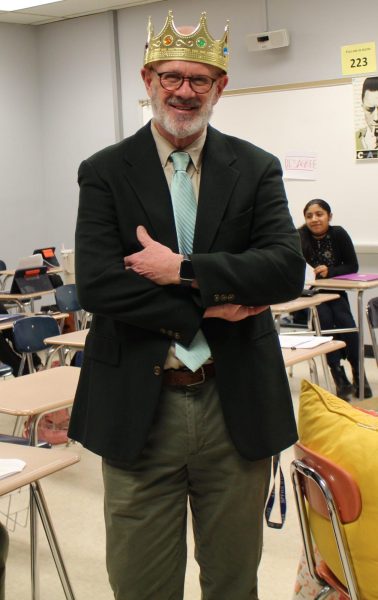Pop Culture can target teenage boys as much as it does girls
Stereotypical images related to a teenage boy’s mind are compared to those from a girl’s mind. These depictions of gender interests such as shopping or sports have always been unfair. Photo courtesy of Aleutie / Creative Commmons / via shutterstock.com
December 20, 2020
Teenage girls aren’t the only victims of entertainment’s consistent application of gender stereotypes; in fact, teenage boys suffer from unrealistic and overtly masculine portrayals of their gender.
“I feel as though teenage boys are most depicted as either really sporty guys or really nerdy guys in most movies,” senior Jake Fleischer said. “Although it’s usually for plot reasons and to make the movie more likeable, it can have a negative effect on people.”
Almost every TV show or movie has featured the stereotypical jock who idolizes and prioritizes the world of sports and suffers academically because of it. “10 Things I Hate About You” highlights both the nerd and jock stereotype. Joey Donner is depicted as narcissistic, obsessive and athletic, all while ruling the school’s social hierarchy of popularity. On the other hand, the character Michael is repeatedly called a nerd for his love of computers and books, placing him at the bottom of the popularity pyramid. However, these depictions aren’t at all accurate towards most teenage boys.
“As a teenage boy, I kind of want to change this [jock] stereotype,” senior Eric Watt said. “I don’t conform to the typical teenage boy and I like to see myself as unique to the eye.”
The personalities and relationships of these characters directly correlate to their interests, which isn’t accurate in reality. Forcing teenagers to conform to an idea isn’t fair, especially when it’s one that’s so stereotypical and harmful to their emotional and mental health.
“This negatively affects teenage boys in society because it can cause them to have an identity crisis,” Fleischer said. “They [teenage boys] don’t know how to act or who to be friends with because they assume they’re in some specific group in school because of what a movie told them.”
A classic example of exclusive cliques based on the status quo is “High School Musical.” Troy Bolton’s conflict between his love for basketball and his love for singing make it clear that liking both isn’t acceptable. Even though Troy loves both, the athletes and the theatre kids don’t get along and he’s pressured and embarrassed by his jock friends over his newfound interest.
“I think teenage boys should be allowed to have different interests and it shouldn’t just be based on one idea like sports, it should be more broad because not all guys are the same,” senior Derek Porter said.
While the entertainment industry continues to push boundaries and break stereotypes, it’s one-toned outlook on gender norms places both girls and boys into categories that aren’t applicable to real teenagers.

